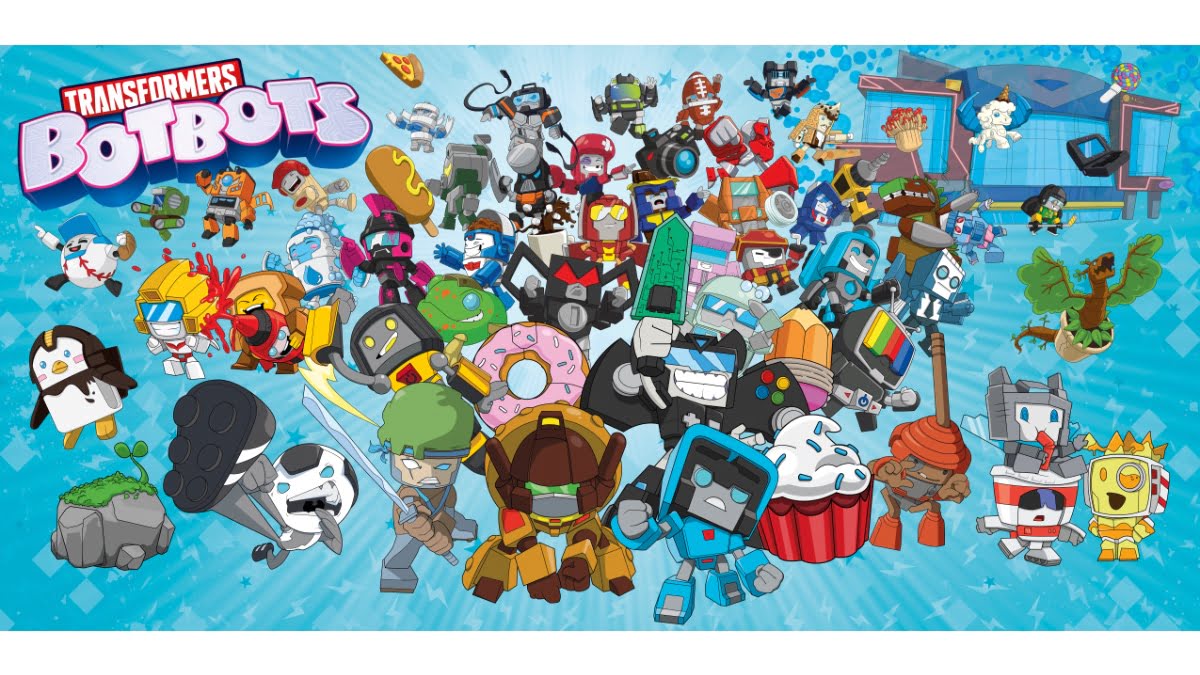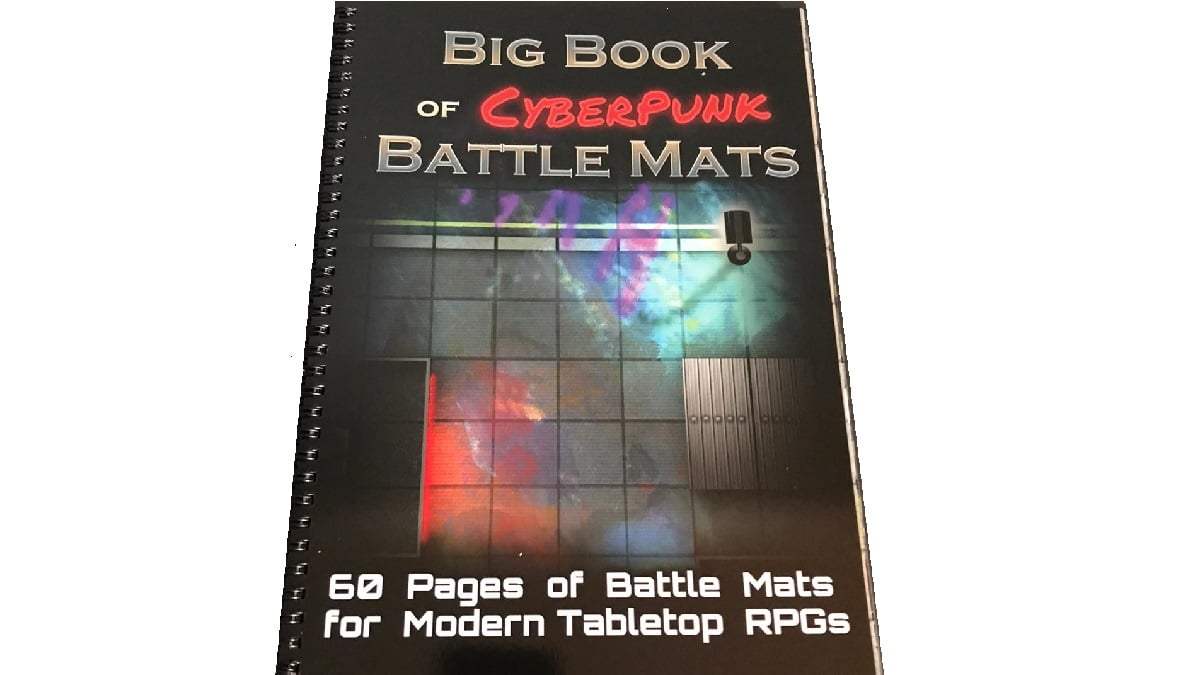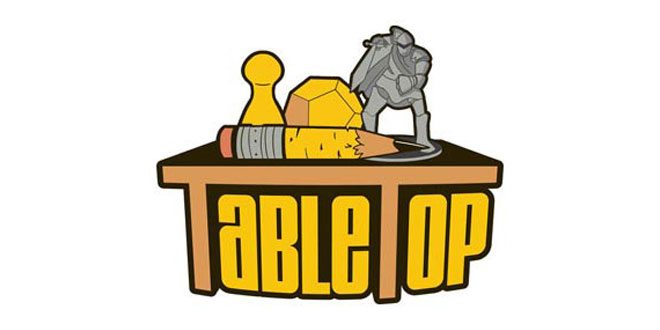“Reaping the Rewards” is our series of updated reviews of games we looked at during their Kickstarter campaigns, and then look at again when we receive the final version. Buy the Rights was originally funded on Kickstarter in December of 2015. It was delivered to backers in February and March of this year.
Note: This review is an updated version of my original Kickstarter Tabletop Alert, which was based on a prototype. I was given both the prototype version and the final edition for review purposes.

Have you ever dreamed of being a studio executive with millions to spend on a movie that will likely be really, really bad?
Buy the Rights is a party game for 3-10 players. It’s extremely simple to learn and is sure to generate plenty of laughs. The game retails for $30 and is available from Amazon, or you can ask for it at your friendly neighborhood game store.
Components:
- 400 cards divided into 4 decks: Genre, Hero, Hero Descriptor, and Plot
- 22 $5 million cards
- 16 $10 million cards
- 10 $20 million cards
Game Play:

The game has a bit of an Apples to Apples feel: each player is dealt a hand of two cards from each of the four decks. The player who last saw a movie in the theater (so in my house, pretty much always me) is designated as the first producer. Each of the others then constructs a movie pitch from her hand by selecting a genre, hero, hero descriptor, and plot. Then, the producer goes around the table in any order and each player “pitches” her movie.
To pitch a movie, each player selects one card from each deck to form the basis for their movie. This “logline” becomes the one-sentence pitch you give to the producer. So using the example above, I would pitch an ’80s action movie about a vegan Black Ops commando saving the world from an alien invasion. Honestly, I’d see that movie. The rules suggest that players elaborate on the story, characters, and plot to sell the movie, and this is where the game can be a lot of fun (with the right group, of course).

After that, the producer distributes a total of $20 million to the players who had the best (funniest) pitches. The producer can give all $20M to one movie or split it between multiple movies (although the game only has currency cards in $5M, $10M, and$20M denominations, so that limits how much splitting you can do). Players discard their pitches into piles in front of them, which might matter at the end.
Everyone then draws new cards, the next player becomes the producer, repeat. The rules suggest that you go around the table until everyone has been producer once, but also notes that you can really decide to keep playing as long as you want. The winner is the player who ends up with the most money, but in the case of a tie, tied players can go back through their old pitches (hence, discarding them in front of the player, rather than a common pile) and use those cards to construct one final pitch. The rest of the voters then determine the winner.
Verdict:
We first played the prototype over Thanksgiving in 2015, and it was an immediate hit with the family. Since then, the prototype has come out a few more times, and my family members were excited to see the final product.
The components in the final game are, as you’d expect, considerably upgraded from the prototype. The cards are color-coded to each deck, making it easy to tell them apart, both during play and during clean up. The box fits the cards perfectly and includes dividers to keep everything organized.

As with all games like this, you get out of it what you put in. My family immediately started embellishing their pitches by naming the heroes and movies (an optional rule requires movie titles, but you’re likely to go ahead and do it anyway), pitching in different voices (my mom was hilarious pitching her independent French film in a faux-French accent), and then basically begging the producer to throw at least some money their way.
I should point out that there are a few cards with topics that might be awkward for younger audiences. My ten-year-old pitched a film with a pole dancing hero because whatever that was sounded funny, but us trying to figure out how to explain what a pole dancer is was perhaps even funnier, so it all worked out in the end. Of course, it’d be simple enough to go through the decks and pull out any cards you wanted to avoid.
This is a really fun party game, and I’d definitely recommend that you check it out.



